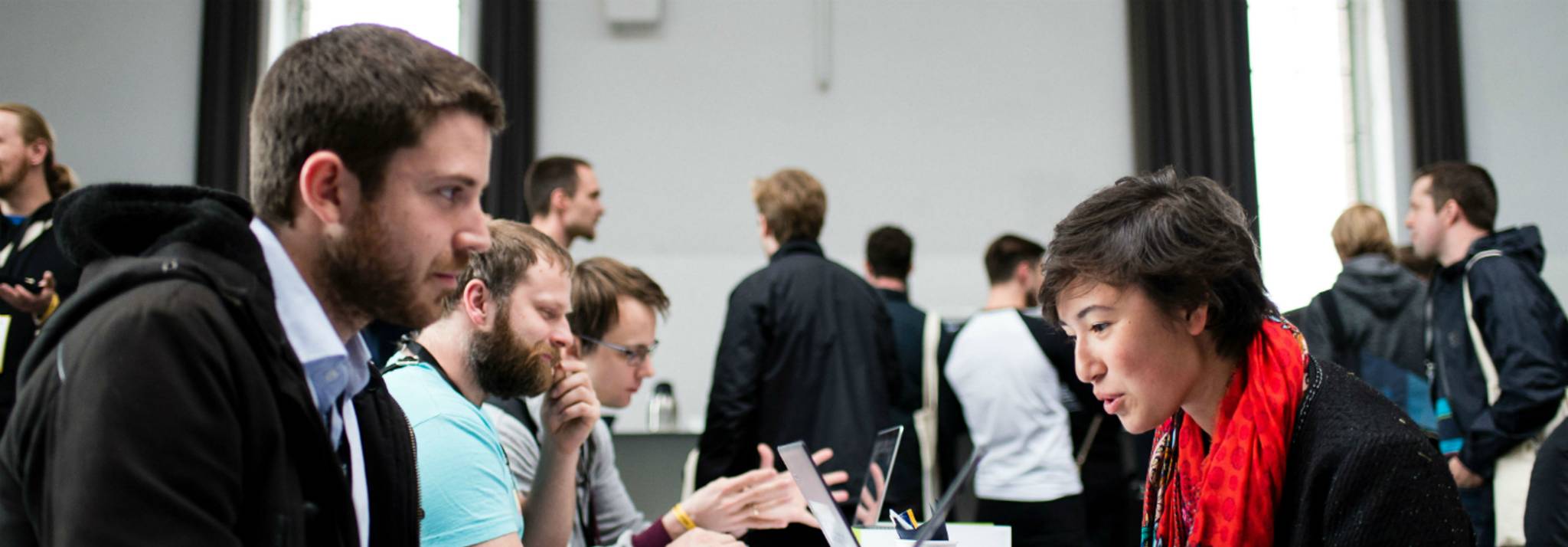
Taking the lead from the co-working spaces favoured in start-up culture, many corporations have adopted open plan offices. Designed to foster greater collaboration among employees, these egalitarian environments are also affecting leadership within the workplace. We explore the science behind interior design’s impact at work.
Just 14% of people now work in entirely individual offices, with many employers now favouring a more communal feel, borrowing the open plan design popular with incubator spaces. But while 90% of Britons say more space for collaboration is a high priority at work, the lack of physical boundaries in an open plan environment can have a knock-on effect on people’s perception of the hierarchy within an office.
“Respect for someone more senior is obvious when you’ve got a physical structure of space that demonstrates that,” says Philip Tidd, head of consulting for Europe at Gensler. “I think that open plan offices blur those rules of rank. If you’re going into a corporate that removes the physical structures of rank such as closed offices and makes the directors eat in the same dining room then it reduces that status of leadership in a flattened structure.” But does this have to be a negative thing?
This type of office space supports a new type of business leader – the ’new alpha’. Coined by author Danielle Harlan, it refers to leaders who exhibit soft skills, like emotional intelligence and empathy, to achieve business success in addition to workforce-wide fulfilment. “The key to that visibility is having the chief executive or CEO on the same floor as employees,” explains John Williams, digital strategy director of ILM. “Employees then feel that the CEO is more approachable, and they can share their thoughts and collaborate more effectively with leadership.”
Research published in the International Journal of Business and Social Science found that the qualities people looked for in leaders – like an aspirational attitude or being an active listener – positively correlated with emotional intelligence, with the ‘appraisal of emotion in self or others’ coming out as the most significant correlating factor. With 79% of Yers wanting their boss to serve as more of a coach or mentor, perhaps physical boundaries in the workplace don’t matter if leaders are seen as approachable.
Hannah Elderfield is a behavioural analyst at Canvas8, which specialises in behavioural insights and consumer research. who has worked with global clients including BelVita, the UK Government, the FCO, Depend and Superbrands. Outside of work, she can be found shopping, walking her dog or attempting to curb her addiction to Nutella, not all at once of course.



